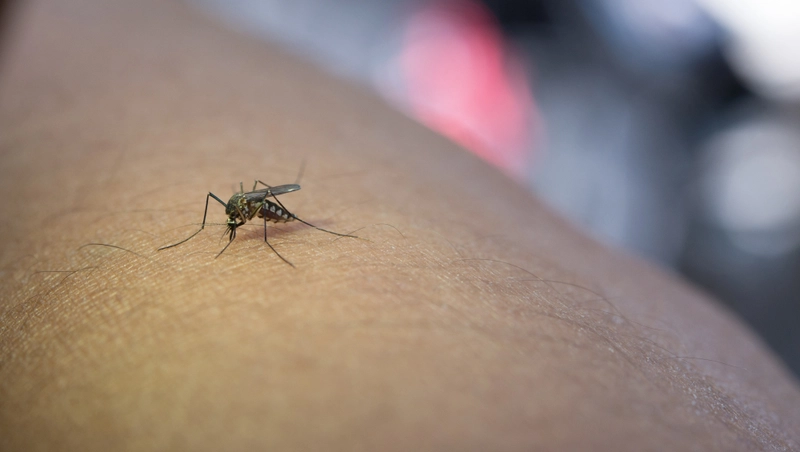- Published on: Nov 03, 2021
- 2 minute read
- By: Second Medic Expert
Can A Person Get Pregnant While Taking The Pill?
Can a person get pregnant while taking the pill?
Your doctor originally prescribed it for one reason, to prevent pregnancy.
Many women use hormonal contraceptives in conjunction with other forms of contraception for added protection, but that's up to the individual or couple. Methods like condoms or diaphragms may also be more suitable for contexts where a woman is more concerned about STDs than about getting pregnant, such as same-sex relationships or long-distance relationships.
Birth control pill does not protect against STDs or other infection. The pill should be used in conjunction with a condom to prevent pregnancy and STDS. Women should also take precautions when consuming beverages containing alcohol while taking the birth control pill. This is because high levels of alcohol can interfere with contraception and increase a woman's risk of unprotected sex. Drinking a few alcoholic drinks doesn't mean you won't get pregnant, so it's important for women to always practice safe sex too.
Withdrawal bleeding, the monthly menstrual cycle, and ovulation all happen because of a hormone called progesterone. A person typically takes pills for 21 days followed by a pill-free period of seven days. During that time, their body doesn't produce any progesterone and levels gradually rise until they reach the maximum level in the middle of the cycle. The estrogen levels in her body will also increase during this time, which is what helps keep her reproductive tract in shape to support pregnancy. Pregnancy depends on cells lining up just right but that can't happen if there's no risk of exposure to sperm or if there are enough artificial hormones in play to disrupt them when they have lined up well enough.
If an egg is released while the woman is on her period and sperm can make their way to it, fertilization may occur; this is called ovulation. Pregnancy will not necessarily be avoided by using a contraceptive such as a pill if sex during your period occurs at some point when you are on active pills and ovulating.
If a person who is taking hormonal contraceptives is sexually active and also ovulatory, and there was unprotected intercourse around the time of ovulation, they can get pregnant. And contraceptive pills with estrogen do not sterilize women. If a woman is considering using the pharmaceutical as an option to not get pregnant, she must still think about other methods such as surgical sterilization or IUDs as well as having two forms of birth control every day-a form for prevention of pregnancy and another form for STD protection. If you take off your condom but use no other contraception you can get pregnant! Be safe :) And try always wearing a condom even on oral sex!
About 1 in every 4 pregnancies are the result of women who are taking oral contraceptives - which means, statistically speaking, it could happen to you! The birth control pill is designed to work primarily by preventing ovulation. A woman's estrogen and progesterone levels do not need to be low for her to become pregnant because she can still release eggs even while on birth control- although these eggs will most likely be immature and won't produce a fertilizable zygote that will attach to the uterine wall.
There is a short time space during which the woman taking birth control pills can get pregnant, and this time-space varies from 4-6 days depending on the type of pill that she's taking. Pregnancy is a possibility any time you have unprotected sex, or even when your birth control fails for whatever reason. The pill does not provide protection from STDs and the female birth control shot may also have unwanted side effects like weight gain and menstrual changes. Coworkers of mine got pregnant while still taking the pill because they forgot to take them one day (sleepy-time effect).
It's possible to get pregnant while on the pill if there is no condom used during sexual encounters between two people who are sexually active with each other because pregnancy can happen at any point in a woman’s monthly cycle. It has been proven that some babies will be born missing parts of their bodies.
The only foolproof method of not getting pregnant while taking the pill is to stick to one type and take the pills in the right way every day so that no "mistakes" can occur. The pill does not always block ovulation, so the person could get pregnant even while taking the pill. In fact, 5-8% of women on oral contraceptives get pregnant each year and evidence suggests this is because their pills aren't working properly. The chance of pregnancy while on birth control pills is also increased if a woman misses two or more consecutive doses due to less hormone in her system that week.
Our Services
Request A Callback
Recent Posts
Mosquito-Borne Diseases to Watch Out for in 2025
Jul 16,2025
Lipid Profile Test – Normal Range and Risks
Jul 12,2025
How to Prevent Food Poisoning in Monsoon
Jul 10,2025










